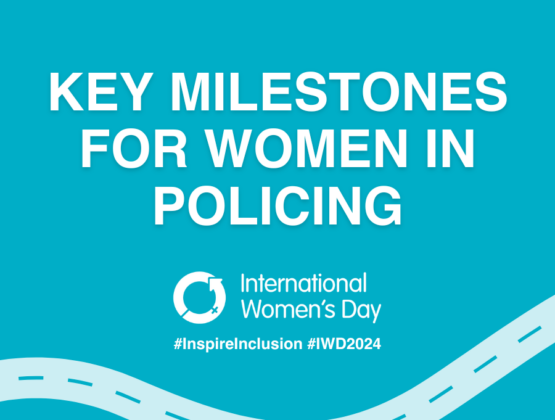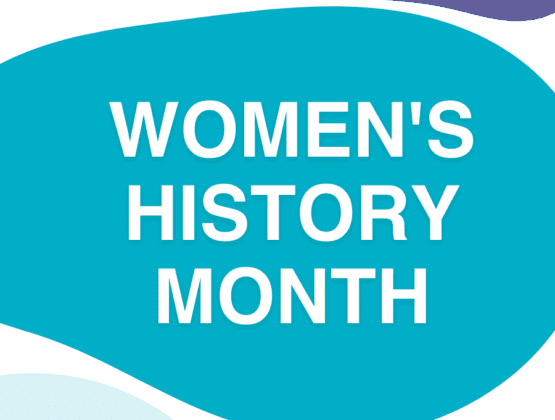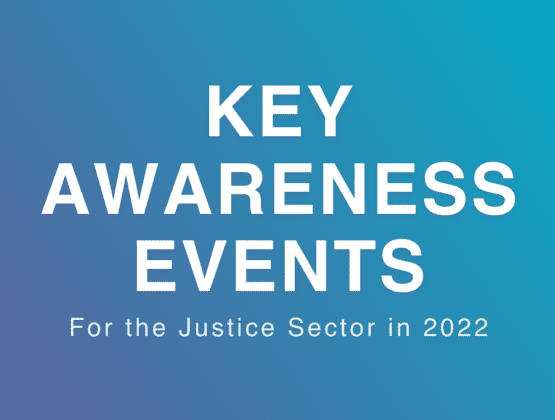Published by Skills for Justice
International Women’s Day, #EachforEqual, celebrating women in law
Date 06.03.20

Having been involved with justice sector organisations for almost 30 years, I’ve had the privilege of meeting and working alongside some of the most extraordinary and inspirational women.
In celebration of International Women’s Day, this Sunday, the theme of which is #EachforEqual, I wanted to explore the journey taken by women who wish to pursue a career in law.
A quick google search led me to – the First 100 Years, an amazing history project sponsored by the Law Society, Bar Council and CILEx. This is an amazing history project charting the key women and events that helped shape the roles that women play in law, illustrated through biographies, podcasts and photographs. However, nowhere is this journey more strikingly displayed, than in an amazing timeline which runs from the first law stationer’s business, set up by Maria Rye in 1829, through significant changes in education and legislation to the present day, with female appointments made into some of the highest positions within law.
Many of the names and events found on the timeline are familiar and well documented, yet I was staggered by the number of women, who in spite of making huge steps forward and achieving key milestones, are not widely recognised for the impact their actions have made and who have gone largely unrecognised.
I was also not aware that while the first university to allow women to study and take law exams was University College London, in 1878, the women who went on to achieve Law Degrees did not do so until 1919. This was when the Sex Disqualification (Removal) Act 1919 was passed, finally allowing them to receive their degrees from universities and enter into the legal profession as magistrates and serve on jury panels.
Fast forward to 1939, when Rose Heilbron was called to the bar and who would later become the first female recorder and first female judge to sit in the Old Bailey. And then to 1965, when Elizabeth Lane was appointed as the first female High Court Judge, and more recently, the appointments in October 2009, October 2017 and October 2018 of Brenda Hale, Jill Black and Mary Arden respectively to sit as Justices of the Supreme Court – the highest court in England.
What is the relevance of these stories today? And why should these achievements be celebrated?
Because the journey continues. And whilst statistics show that the number of women represented at every level of the law increase every year, it’s still a predominately male environment.
The stories of all the women who were pioneers in their fields and who paved the way for the achievements of those who followed them will hopefully serve to encourage and inspire the generations of women to come.
Sign up to receive news and updates from Skills for Justice
"*" indicates required fields







